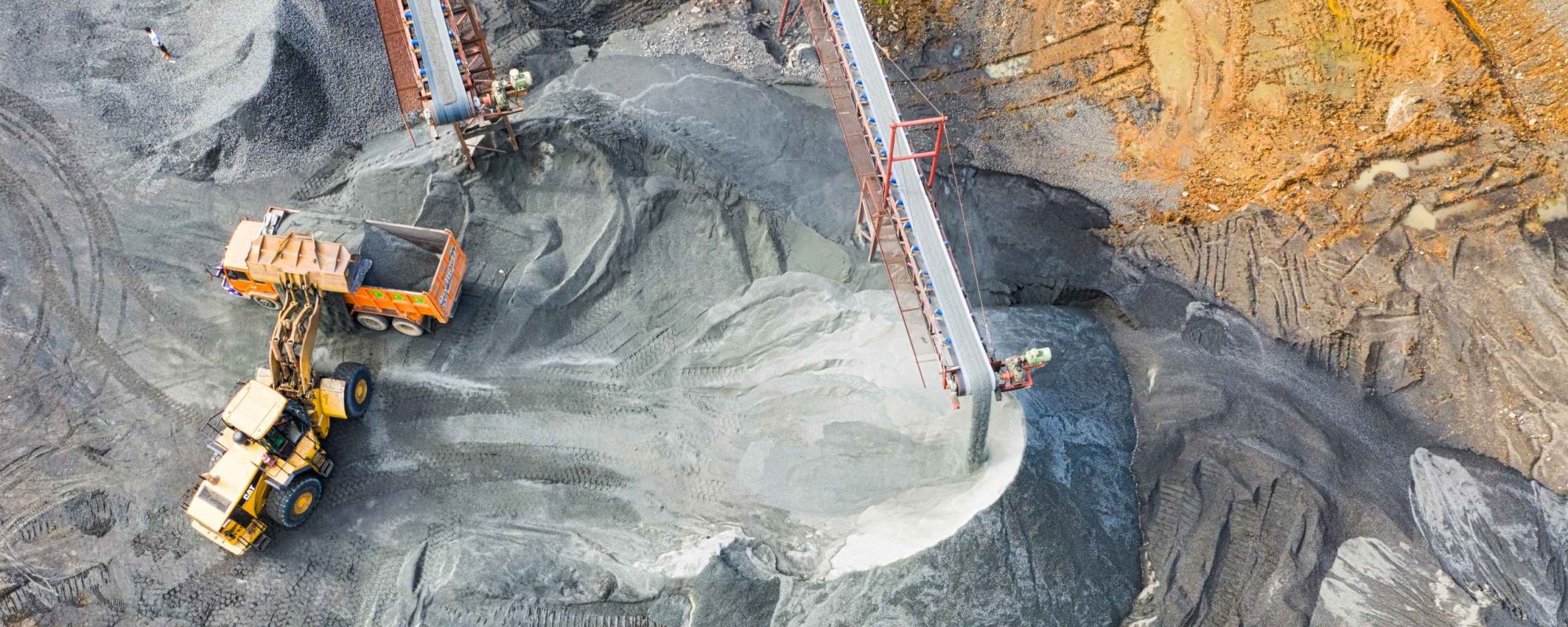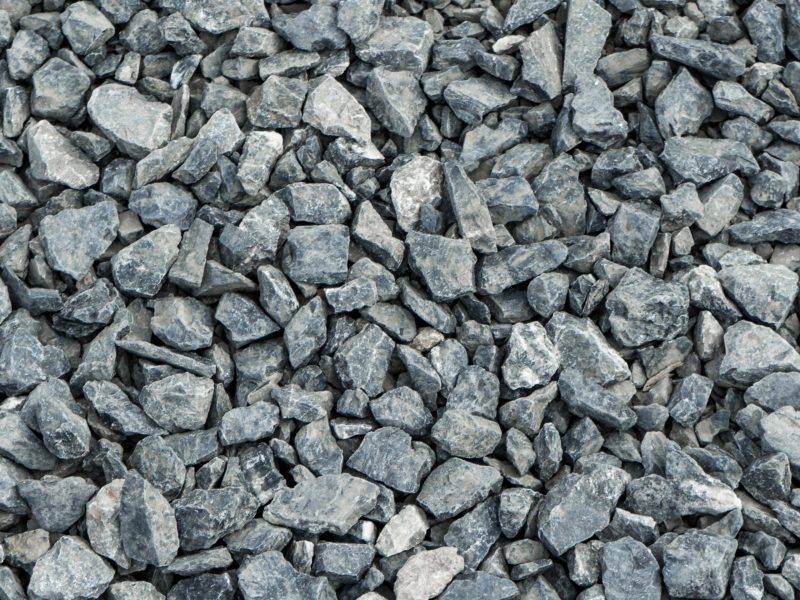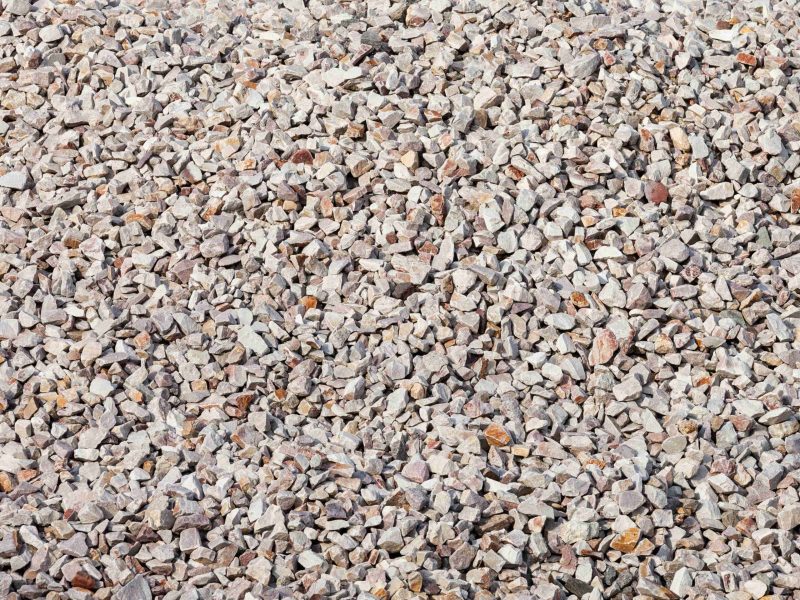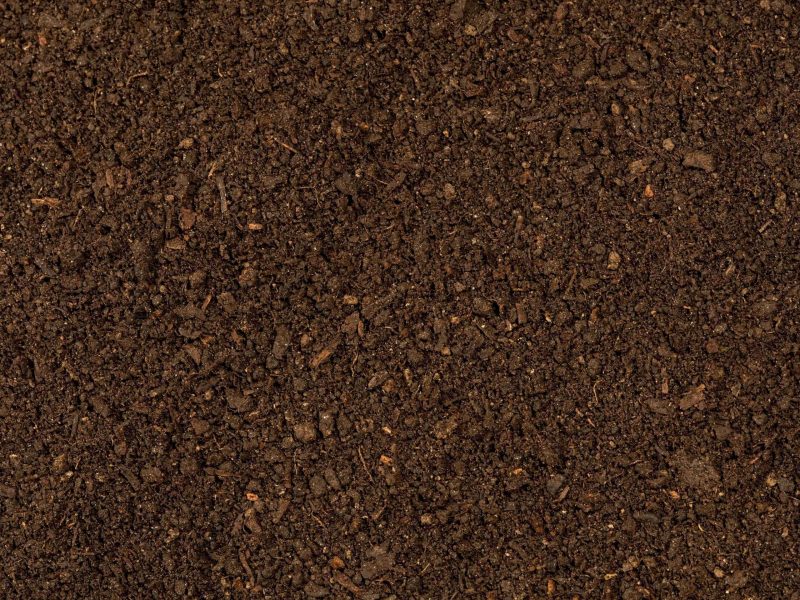Granular Products
Discover the epitome of excavation excellence with Lesage Transport. Our specialized excavation services encompass a spectrum of tasks, from meticulous land clearing to precise shaping, tailored precisely to suit your project's unique requirements.
Production
We offer both excavation services and transportation for a variety of granular products. Our excavation services involve digging, clearing, and shaping land for construction or other purposes. Additionally, we transport different types of granular products such as gravel, sand, and other types of crushed stone to various locations as needed.

GRAVEL

Unprocessed gravel refers to gravel that has been extracted from a natural source such as a quarry or riverbed but has not undergone any additional processing or refinement. This type of gravel typically contains a mixture of various sizes and shapes of stones, sand, and other debris. It is commonly used in construction projects for applications such as road base, drainage, and landscaping due to its natural composition and affordability.
MG-56 gravel is a type of crushed aggregate typically used in construction and landscaping projects. It is composed of a mixture of various sizes of stones and sand, which are carefully graded to meet specific requirements for strength and stability. MG-56 gravel is commonly used as a base material for roads, driveways, and pathways, as well as for drainage and erosion control purposes. Its uniformity and durability make it a popular choice for a wide range of applications in construction and landscaping.
MG-63 gravel is a type of crushed aggregate commonly used in construction and landscaping projects. This gravel is composed of a blend of various sizes of stones and sand, carefully graded to meet specific requirements for strength and stability. MG-63 gravel is known for its durability and versatility, making it suitable for a wide range of applications, including road base, driveways, pathways, and drainage systems. Its uniformity and compactness make it an ideal choice for projects where stability and longevity are essential.
This type of gravel consists of particles ranging from 0 to 1/2 inch in diameter. It is typically produced by crushing larger rocks or gravel into smaller pieces and is commonly used as a base material for driveways, pathways, and drainage systems. 0-1/2 gravel is known for its versatility and ability to provide good drainage while still offering stability and support. It is often used in projects where a finer texture is desired or where space constraints require smaller aggregate sizes.
Unlike inventoried gravel, which is pre-sorted and categorized for specific applications, other and not inventoried gravel may vary in size, shape, and composition based on its source. This type of gravel is often used in construction and landscaping projects where specific requirements for size or composition are not critical, and where a more natural or rustic appearance is desired.
CRUSHED STONE

This type of crushed stone typically consists of particles ranging from 100 to 200 millimeters in diameter. It is produced by crushing larger rocks or stones into smaller pieces and is commonly used as a base material for roads, driveways, and landscaping features. Net (100-200) crushed stone is known for its durability and stability, making it suitable for applications where heavy loads or traffic are expected. It provides excellent drainage and compaction properties, making it a versatile choice for a wide range of construction projects. Its robust nature ensures long-lasting support.
This type of crushed stone typically consists of particles ranging from 0 to 3/4 inches in diameter. It is produced by crushing larger rocks or stones into smaller pieces and is commonly used as a base material for driveways, pathways, and drainage systems. Net 0-3/4 crushed stone is known for its versatility and ability to provide good drainage while still offering stability and support. It is often used in projects where a finer texture is desired or where space constraints require smaller aggregate sizes.
Unlike inventoried crushed stone, which is pre-sorted and categorized for specific applications, other and not inventoried crushed stone may vary in size, shape, and composition based on its source. This type of crushed stone is often used in construction and landscaping projects where specific requirements for size or composition are not critical, and where a more natural or rustic appearance is desired.
SAND

Unprocessed (MG-112) sand refers to natural sand that has been extracted from a source such as a quarry or riverbed but has not undergone any additional processing or refinement. This type of sand typically contains a mixture of various grain sizes and may include particles of different shapes and compositions. Unprocessed MG-112 sand is commonly used in construction projects for applications such as concrete production, masonry work, and landscaping. Its natural composition and texture make it suitable for a wide range of uses, and it is often more affordable.
This material undergoes a sifting or screening process to remove larger particles, resulting in a finer texture and more uniform composition. Sifted sand or stone dust is commonly used in construction and landscaping applications where a smoother finish or tighter packing is desired. It is often used as a bedding material for pavers and flagstones, as well as in concrete mixtures to improve workability and strength. Its fine texture and uniformity make it ideal for filling joints and gaps in construction projects, providing stability and support.
This type of sand may come from various natural sources such as beaches, riverbanks, or quarries and may vary in composition, texture, and color based on its origin. Unlike inventoried sand, which is pre-sorted and classified for specific applications, other or not inventoried sand may be less uniform and may contain impurities or debris. It is commonly used in construction, landscaping, and other applications where specific requirements for sand quality or composition are not critical, and where a more natural or rustic appearance is desired.
DIRT

Black dirt, also known as topsoil or garden soil, is a rich, dark-colored soil that is highly fertile and nutrient-rich. It is typically composed of a mixture of organic matter, such as decomposed plant and animal materials, along with mineral particles, clay, and silt. Black dirt is prized for its ability to support healthy plant growth and is commonly used in gardening, landscaping, and agricultural applications. It superior quality provides essential nutrients, moisture retention, and good drainage, making it ideal for growing a wide variety of plants, including flowers, vegetables, and grass.
This type of dirt may come from various sources such as construction sites, excavation projects, or natural deposits and may vary in composition, texture, and quality based on its origin. Unlike inventoried dirt, which is pre-sorted and classified for specific applications, other or not inventoried dirt may contain a mixture of organic and inorganic materials, debris, and contaminants. It is commonly used in landscaping, fill, or grading projects where specific requirements for soil quality or composition are not critical, and where a more general-purpose material is acceptable.
